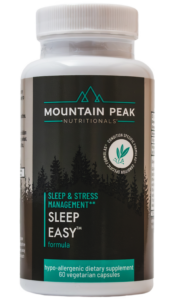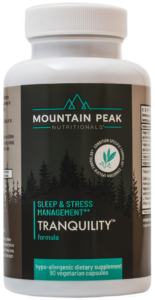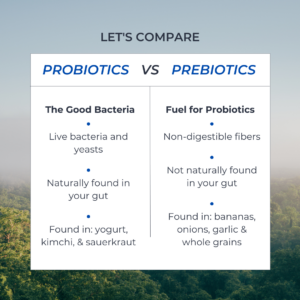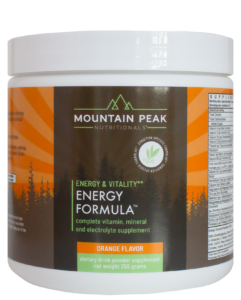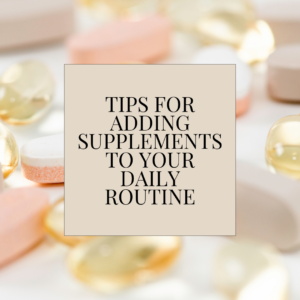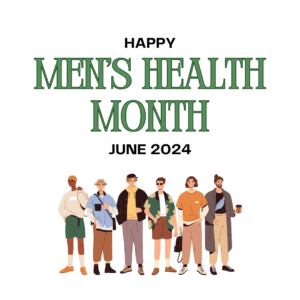As the temperature climbs and outdoor activities pick up, your body’s nutrient needs shift. Whether you’re gardening, hiking, or spending long days in the sun, maintaining energy and hydration is essential—not just for comfort, but for everyday wellness.
At Mountain Peak Nutritionamplement your summer routine.
What Warmer Weather Really Demands from Your Body
Sweating, sun exposure, and changes in activity levels can all affect how your body manages fluids, nutrients, and energy. Common complaints like low stamina, muscle fatigue, and brain fog are often signs that your body may be lacking key nutrients—not just water.
Here’s what you can do to stay ahead of the summer slump.
1. Start with Hydration + Electrolyte Support
Water is vital, but it’s not the full picture. When you sweat, you also lose important electrolytes like sodium, potassium, and magnesium. These minerals help regulate muscle function, hydration levels, and energy balance.
Product Spotlight: Product Spotlight: Energy Formula™
This easy-to-mix powder provides essential electrolytes without added sugar or artificial ingredients. It’s a great addition to your morning routine or post-workout hydration plan.*
2. Support Energy with Foundational Nutrients
Fatigue can stem from more than heat—it may be related to nutritional gaps. Ensuring your body has access to B-vitamins, adaptogens, and other key compounds can make a noticeable difference in how energized and focused you feel.
Product Spotlight: Adrenal B Complex™
Formulated with B-complex vitamins, adaptogenic herbs, and targeted nutrients, Adrenal B Complex is designed to support healthy energy levels, stamina, and resilience to stress—especially helpful during physically demanding summer days.*
3. Aid Nutrient Absorption with Digestive Support
Even the most nutrient-rich meals are only helpful if your body can break them down and absorb what it needs. Digestive function plays a major role in whether you actually benefit from your food—and summer can disrupt digestion for many.
Product Spotlight: Digestive™
This formula includes a broad spectrum of enzymes to support the digestion of proteins, fats, and carbohydrates. It’s ideal for those looking to optimize nutrient absorption during peak activity seasons.*
4. Stay Consistent, Even on Busy Days
Traveling, social events, and hot weather can all throw off your usual wellness habits. Keep a few key supplements on hand so you’re ready to support your body no matter what the summer brings.
- Keep a water bottle with you and mix in Energy Formula™ before heading out
- Add a Digestive™ enzyme before meals on the go
- Take Adrenal B Complex with breakfast to help you stay balanced and energized for the day ahead
These small habits help your body stay balanced, even in changing conditions.
This summer, don’t just survive the heat—thrive in it. With support from Mountain Peak Nutritionals, you can stay energized, hydrated, and focused all season long.
*This statement has not been evaluated by the FDA. This product is not intended to diagnose, treat, cure, or prevent any disease.
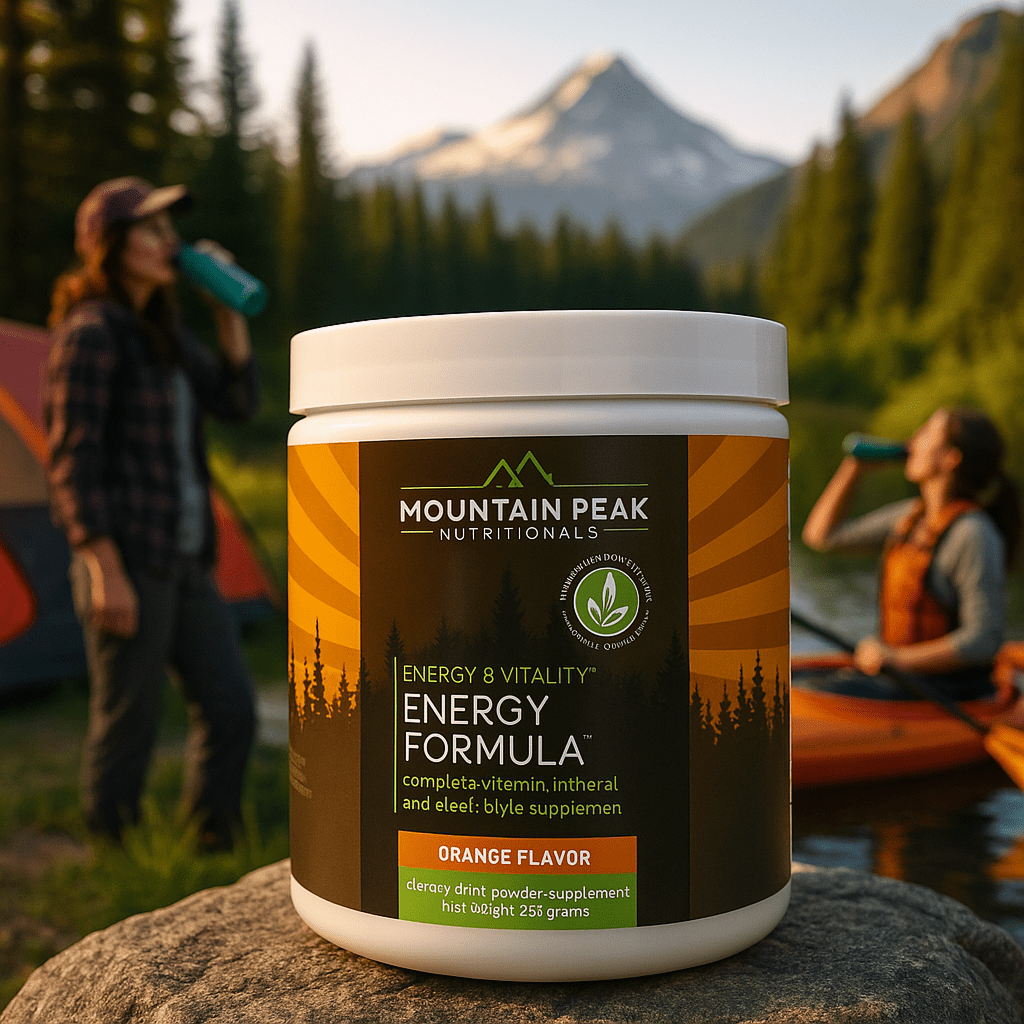
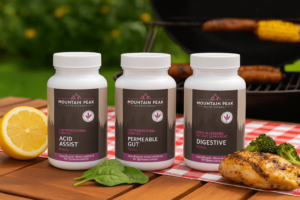
 In our fast-paced world, where convenience often beats nutrition, it’s easy to overlook the significance of good digestion. However, digestion is far more than just a process of breaking down food. Instead, it’s a vital component of our overall health and wellness. From the food we choose to the habits we cultivate, having good digestion can lead to enhanced energy levels, improved mental clarity, and even a happier relationship with our bodies. Let’s explore some potential signs of poor digestion as well as different foods and supplements that promote healthy digestion.
In our fast-paced world, where convenience often beats nutrition, it’s easy to overlook the significance of good digestion. However, digestion is far more than just a process of breaking down food. Instead, it’s a vital component of our overall health and wellness. From the food we choose to the habits we cultivate, having good digestion can lead to enhanced energy levels, improved mental clarity, and even a happier relationship with our bodies. Let’s explore some potential signs of poor digestion as well as different foods and supplements that promote healthy digestion.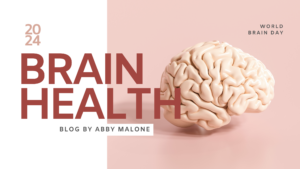 Brain health is very important to overall health because the brain is the control center of our body. A healthy brain enables us to think, learn, remember, and make decisions effectively. It also plays a crucial role in regulating our emotions and physical responses. Taking care of our brain health can help prevent cognitive decline and improve our quality of life. Here are some ways that you can improve your brain health:
Brain health is very important to overall health because the brain is the control center of our body. A healthy brain enables us to think, learn, remember, and make decisions effectively. It also plays a crucial role in regulating our emotions and physical responses. Taking care of our brain health can help prevent cognitive decline and improve our quality of life. Here are some ways that you can improve your brain health: Getting a good night’s sleep is often undervalued in today’s fast-paced world. However, sleep plays a vital role in promoting overall health and well-being. From enhancing cognitive function to boosting immune health, the benefits of sufficient rest are vast and undeniable. Let’s look at some healthy habits you can get into to enhance your sleep quality as well as natural supplements that can help you sleep.
Getting a good night’s sleep is often undervalued in today’s fast-paced world. However, sleep plays a vital role in promoting overall health and well-being. From enhancing cognitive function to boosting immune health, the benefits of sufficient rest are vast and undeniable. Let’s look at some healthy habits you can get into to enhance your sleep quality as well as natural supplements that can help you sleep.